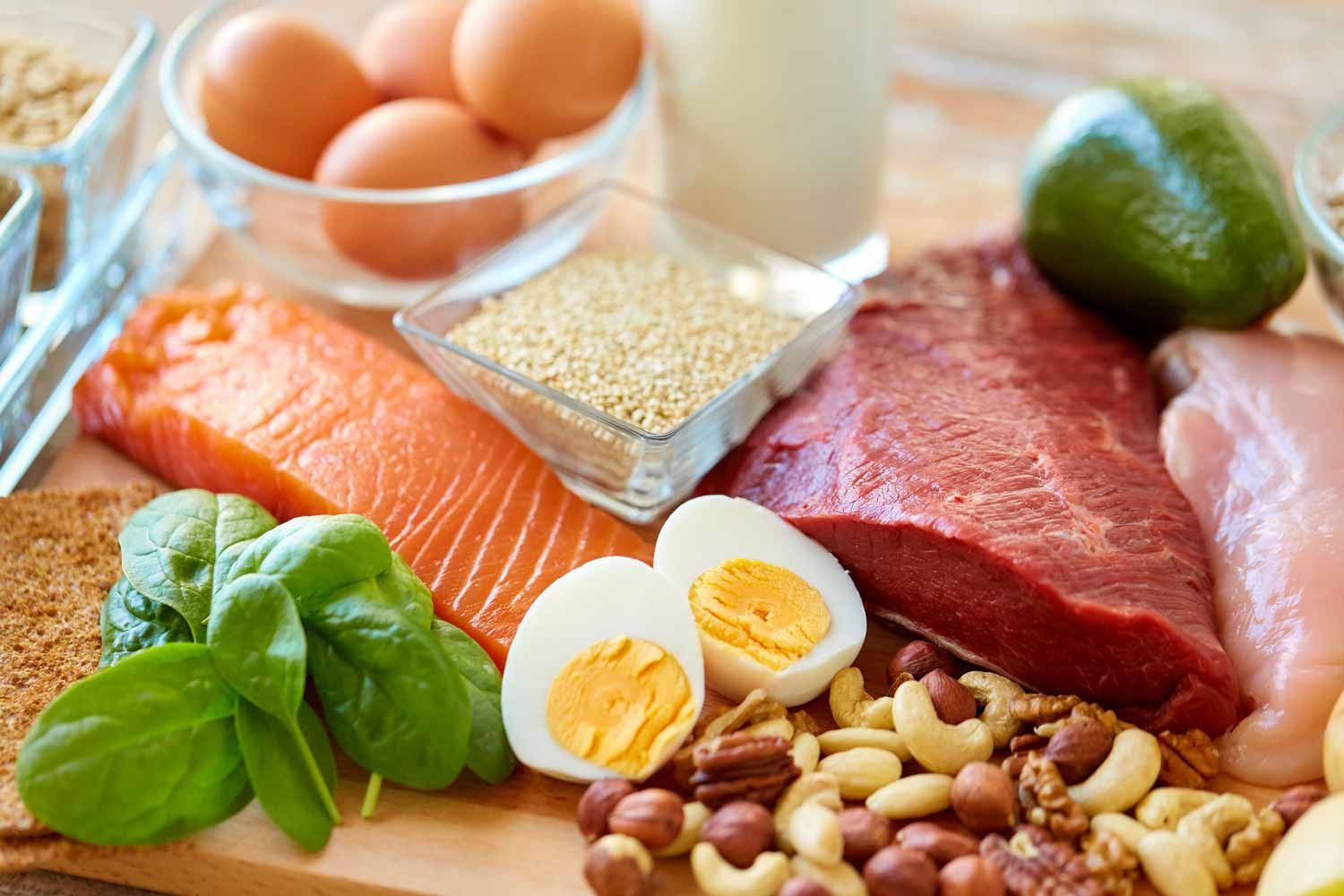
The Power of Protein After Bariatric Surgery
Undergoing bariatric surgery is a significant step toward achieving a healthier lifestyle and weight loss. While the surgery itself is a powerful tool, your post-surgery diet plays an equally crucial role in your success. Among the essential nutrients, protein stands out as a key player in your recovery and long-term health. At Alabama Bariatrics, we’re committed to helping you understand why protein is so vital after your surgery.
Why Protein Matters
Protein is a macronutrient that serves multiple critical functions in the body. After bariatric surgery, its importance is magnified due to the changes your body undergoes. Here’s why protein should be a cornerstone of your post-surgery diet:
Healing and Recovery:
. Surgery, including bariatric surgery, is a form of trauma to the body. Protein is essential for tissue repair and wound healing, which is vital in the initial recovery phase.
Muscle Maintenance:
Significant weight loss can sometimes lead to muscle loss. Consuming adequate protein helps preserve lean muscle mass, ensuring that the weight you lose comes primarily from fat stores.
Satiety and Weight Management:
Protein-rich foods help you feel fuller for longer, reducing the temptation to snack on unhealthy foods. This is particularly important after bariatric surgery when your stomach’s capacity is reduced, and you need to make every bite count.
Metabolism Boost:
Protein has a higher thermic effect than fats and carbohydrates, meaning your body uses more energy to digest and metabolize protein. This can give your metabolism a slight boost, aiding in weight loss.
Best Sources of Protein
Incorporating high-quality protein sources into your diet is essential. Here are some protein-rich foods that are particularly beneficial post-surgery:
Lean Meats:
Chicken, turkey, and lean cuts of beef or pork.
Fish and Seafood:
Salmon, tuna, shrimp, and other seafood.
Eggs:
A versatile and easily digestible protein source.
Dairy:
Greek yogurt, cottage cheese, and low-fat cheese.
Plant-Based Options:
Tofu, tempeh, beans, lentils, and quinoa.
Tips for Meeting Your Protein Needs
Start Early:
Begin your day with a protein-rich breakfast to set the tone for the day.
Snack Smart:
Opt for protein-packed snacks like Greek yogurt, a handful of nuts, or a protein shake.
Plan Ahead:
Prepare meals in advance to ensure you have healthy, protein-rich options readily available.
Listen to Your Body:
Pay attention to how your body responds to different foods and adjust your intake accordingly.
Overcoming Common Challenges
After bariatric surgery, you might face some challenges in meeting your protein needs, such as reduced appetite or difficulty tolerating certain foods. Here are some strategies to help:
Small, Frequent Meals:
Eating smaller, more frequent meals can make it easier to consume enough protein without feeling overwhelmed.
Protein Supplements:
High-quality protein powders and shakes can help you meet your protein goals, especially in the early stages post-surgery.
Experiment with Textures:
If you have trouble with certain textures, try different preparation methods, like blending or pureeing foods, to make them easier to consume.
Protein is a vital component of your post-bariatric surgery diet, supporting your recovery, muscle maintenance, and overall weight loss success. At Alabama Bariatrics, we’re here to guide you every step of the way, ensuring you have the knowledge and resources to thrive. Remember, every bite counts, so make sure it’s packed with the protein your body needs to succeed.
For more personalized advice and support, don’t hesitate to reach out to our team. Together, we’ll fuel your journey to a healthier, happier you.